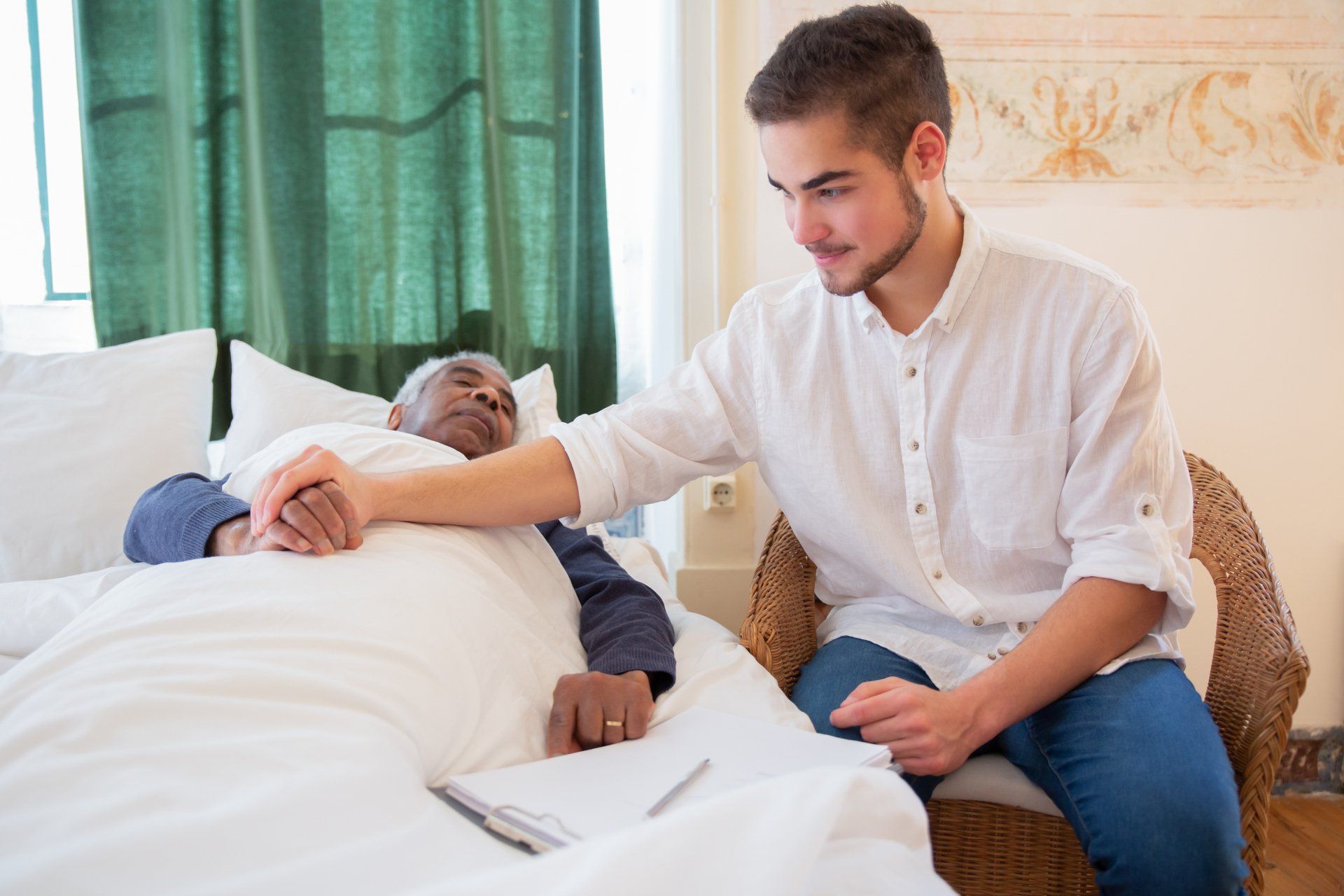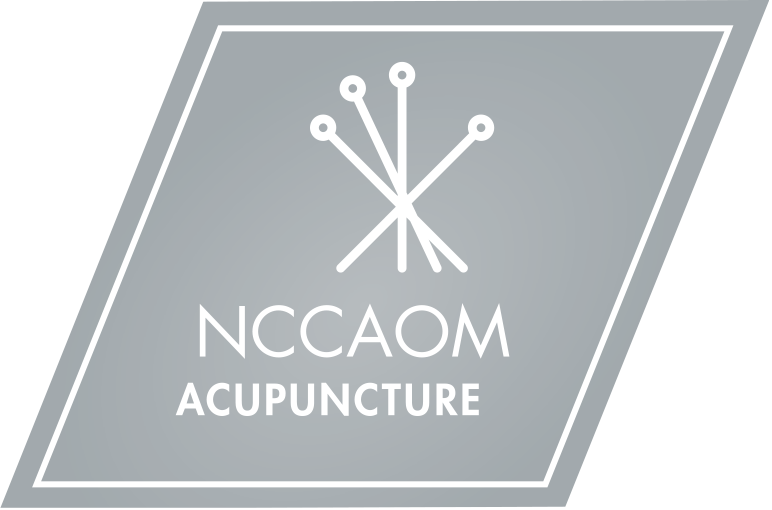Hospice and Palliative Care Acupuncture
Research has shown that the addition of an acupuncturist to the hospice team can be effective and impactful at providing maximum comfort and improve quality of life.
Acupuncture approach to hospice and palliative care
Oriental Medicine, much like hospice, embraces a whole-person pattern approach of mind, body, and spirit. It is unique in that the system utilizes a multitude of therapies including (but not limited to) acupuncture, Asian bodywork (e.g. shiatsu, acupressure, tui na), Chinese herbal medicines, cupping, coining, electrostimulation, heat therapies, meditation, moxibustion, nutrition, qi gong, and tai chi. Most of these therapies are useful in terminal disease treatments, though there are some contraindications depending on the individual patient’s condition. In particular, acupuncture, using specific point combinations, can serve to calm and release emotional and spiritual concerns for hospice patients.
Reduced Pain and Tiredness
Reduced Nausea
Reduced Depression and/or Anxiety
Reduced Shortness of Breath
Is Acupuncture Effective for Hospice and Palliative Care Patients?
A 2015 study took an objective look at examining the effectiveness of acupuncture to relieve symptoms commonly observed in hospice patients. The study consisted of 26 patients who received a course of weekly treatments ranging from one to 14 weeks, with the average number of treatments being five. Symptoms monitored included severity of pain, tiredness, nausea, depression, anxiety, drowsiness, appetite, well-being and shortness of breath. Researchers found that seven out of the nine symptoms were “significantly improved with acupuncture, the exceptions being drowsiness and appetite.”
The final conclusion said, “Acupuncture was found to be effective for the reduction and relief of symptoms” commonly impacting quality of life. “Acupuncture effectively reduced symptoms of pain, tiredness, nausea, depression, anxiety, and shortness of breath, and enhanced feelings of well-being. More research is required to assess the long-term benefits and symptom reduction of acupuncture in a palliative care setting.”



